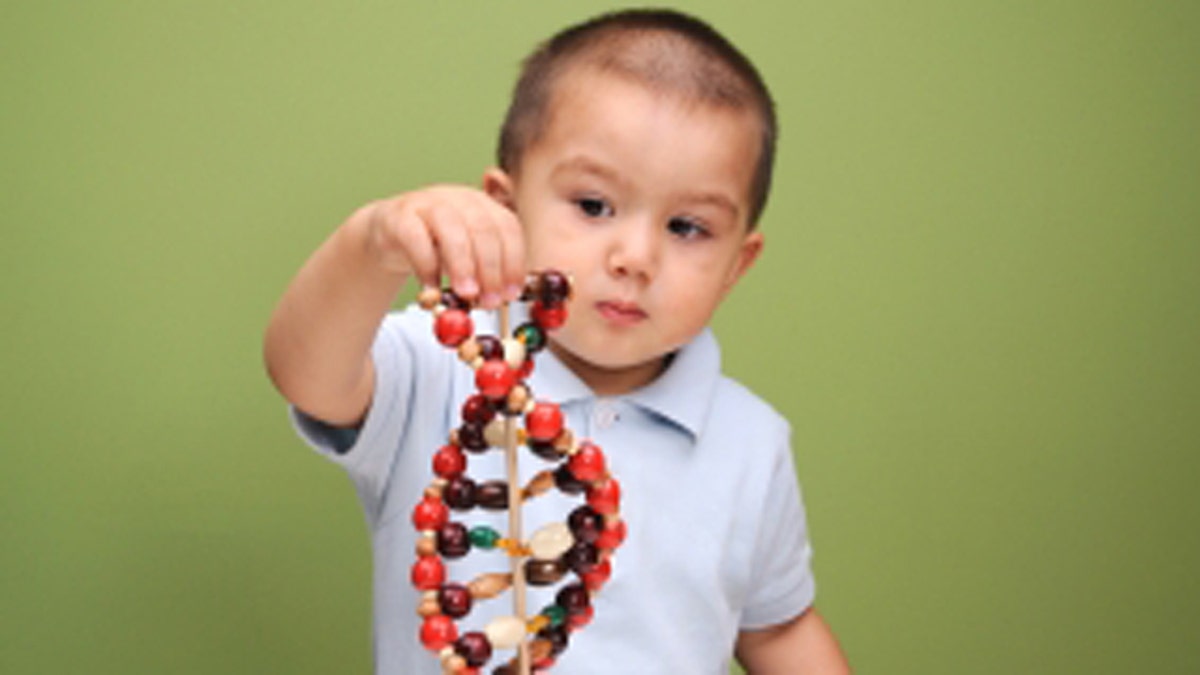
( )
Dana Marlowe decided to undergo genetic testing before becoming pregnant with her first son, now 3 years old. Because she is of Eastern European decent and Jewish and her husband is French Canadian, she knew their ancestries put them at risk for conceiving a child with Tay-Sachs disease.
The tests determined that she was not a carrier, her son was born healthy, and Marlowe is grateful that she had them done.
“We wanted to be able to learn a little bit about it so if there is something we needed to be aware of, we rather know sooner than later,” Marlowe said.
Marlowe and her husband are not alone: Many couples decide to go for genetic testing before they become pregnant. If you’re considering it, here are some things you should know.
1. It’s complicated.
You can get screened to determine if you’re a carrier for genetic abnormalities, but it’s not as simple as checking off a box on a medical form. There are thousands of genetic disorders, yet it’s not possible to be tested for all of them.
What’s more, only the known mutations for each gene are included in the tests, the amount of mutations that each lab screens for varies, according to Dr. Susan Klugman, Director of Reproductive Genetics at Montefiore Medical Center in Bronx, N.Y.
Take cystic fibrosis, for example. The best panel tests for 97 of the most common mutations yet “you could have any one of 2,000 mutations or your family could have an unknown mutation,” Klugman said.
2. Genetic counseling is important.
Meeting with a genetic counselor or a genetic physician can help you identify the appropriate tests based on ancestry and family medical history, help you understand what they mean and assess your risk of conceiving a baby with a disorder.
3. It’s not a sure thing.
“The little caveat in all of these tests is that nothing is perfect,” according to Klugman who said although most tests pick up 95 to 99 percent of carriers, there is still a residual risk, or small chance, that one or both partners could be carriers. This risk should be evaluated by a genetic counselor or a genetic physician to determine the chances that the fetus will be affected.
Even if the test results determine that one partner is not a carrier, it’s generally safe to assume that the risk is low that your baby could be affected, yet Klugman cautions that the residual risk for every disease is different.
4. It’s expensive.
Genetic counseling and testing can be pricey, from hundreds to thousands of dollars, and many insurance companies won’t cover it. It’s important to speak with your insurance company beforehand to find out if they will cover your costs and if so, how much of them.
5. There are options.
If you and your husband are determined to be carriers, you have a 25 percent chance of having a baby who will be affected. Many couples decide to go for pre-implantation genetic diagnosis--an in-vitro fertilization procedure whereby a cell is extracted from the embryo to test it for the genetic abnormality, and only implanted if the embryo is not a carrier. Some couples also utilize egg or sperm donation from an anonymous, screened donor or decide to adopt.
Julie Revelant is a freelance writer specializing in parenting, health, and women's issues and a mom. Learn more about Julie at revelantwriting.com.







































